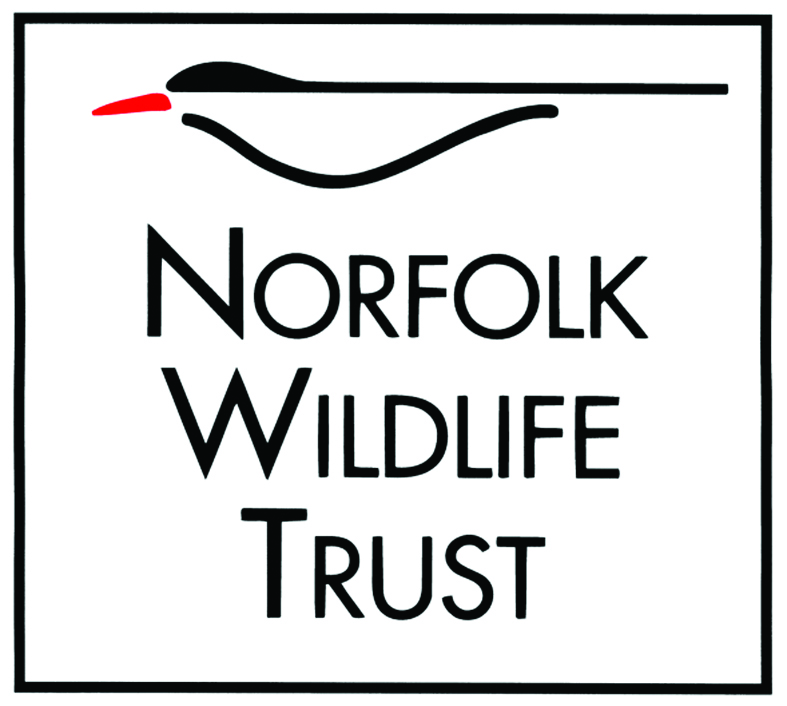The development of the Norwich Western Link may feel like a very local issue, but the consequences of building the road would be felt on a national scale.
A globally threatened species
Independent research has identified the largest-known and nationally important population of barbastelle bats directly on the route of the proposed road. This species is globally threatened, declining across their whole range in Europe and even going extinct in other European countries such as the Netherlands.
The bats are highly dependent on the Wensum Valley’s ancient landscape, a vast tapestry of old woodlands, meadows and river valleys – they can be found foraging for several miles from their roosts.
Many of these habitats have taken hundreds of years to mature and once damaged, they cannot be replaced in our lifetime. For a species with a birth rate of just one pup per year, the loss of their homes and feeding grounds could result in the disappearance of some of the local colonies. The remaining population will then be put under stress through collision risk, loss of roosts and loss of foraging habitat, placing them at greater risk of declines and eventual local extinction.
Due to the size and number of colonies found on the route of the Norwich Western Link and the risks to the long-term complete loss of the what is considered to be a super-colony of barbastelle bats. This would be catastrophic for the future of the species in the UK.
Setting a dangerous precedent
Progressing this development is directly at odds with the government’s commitment to nature’s recovery through the legally binding Environment Act, which includes a commitment to halt the decline in species abundance by 2030.
Approving a development such as the Norwich Western Link also sets a dangerous precedent for the future. If Norfolk County Council are permitted to build a road straight through a barbastelle bat super colony of this significance, what other vulnerable wildlife species in the UK will be safe from inappropriate development?
The joint climate and nature emergency
We are in the middle of a climate and nature emergency, and the two are inextricably linked. Climate change is driving nature’s decline and the loss of wild spaces is leaving society ill-equipped to reduce carbon emissions and adapt to change.
Ancient woodlands, meadows, chalk rivers and river valleys are the precise habitats we need to support nature’s recovery not just for bats but for all wildlife. These areas are crucial for many wildlife species to live in and travel through, to help populations recover to previous levels and help species adapt to the impacts of climate change.
These areas also hold the key to addressing the impacts of climate change, helping to lock carbon away, supporting our UK commitment to reach net zero by 2050. The fate of our wildlife relies on meeting the legally binding UK climate change targets, which require steep reductions in carbon emissions in the next decade. Taken together with the other A47 road schemes being built at the same time, we understand that the Norwich Western Link will increase carbon emissions and exceed planned carbon budgets both nationally and in Norfolk, in the decade when the UN says we must halve carbon emissions globally.
To find out more about our campaign against the Norwich Western Link - including petition link - please visit norfolkwildlifetrust.org.uk/ndr

